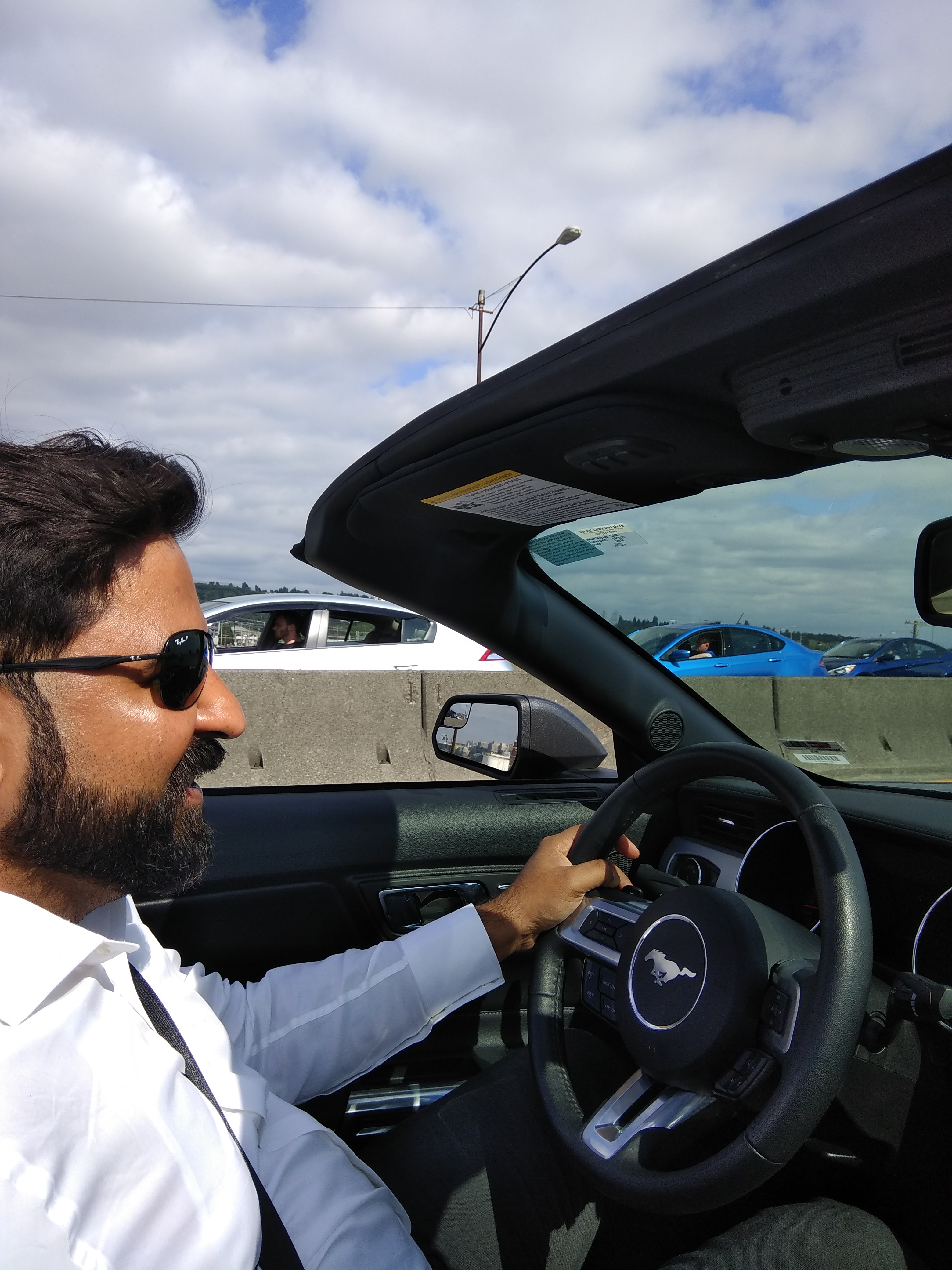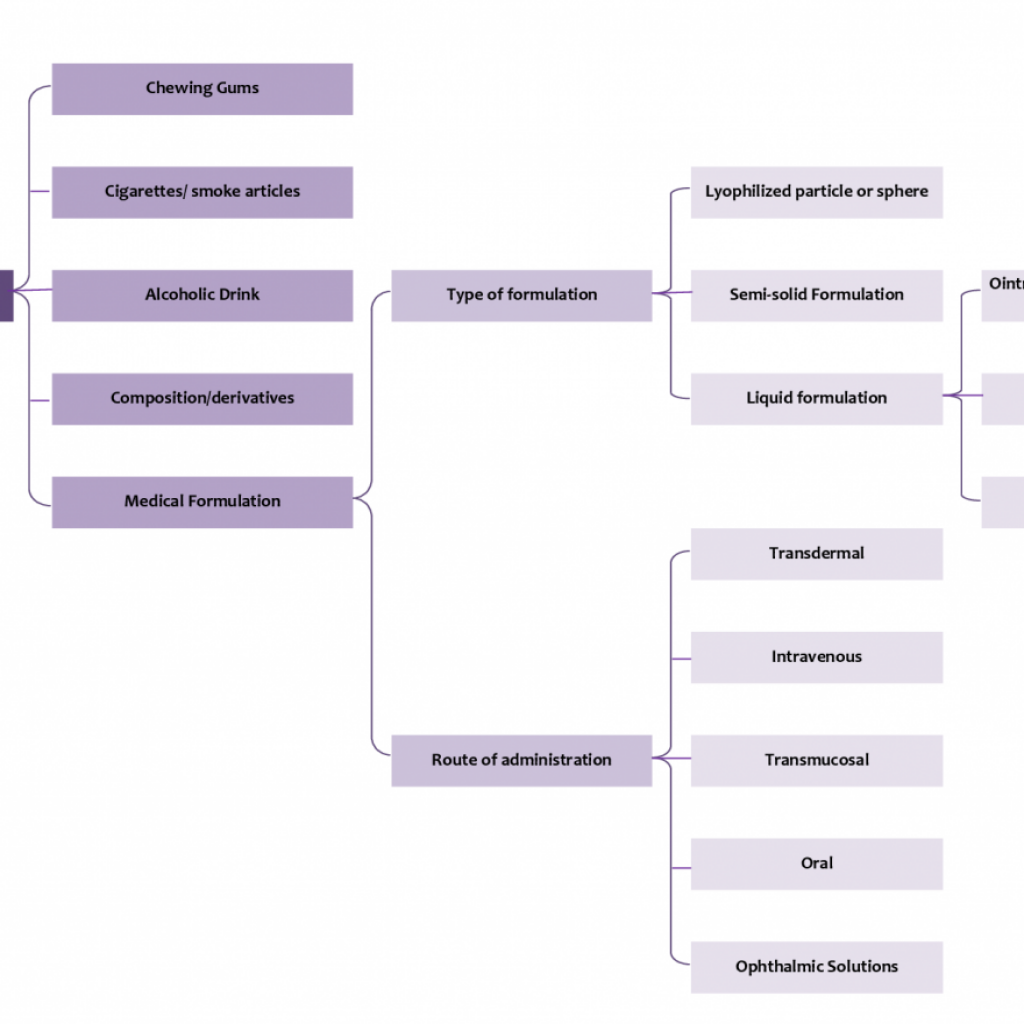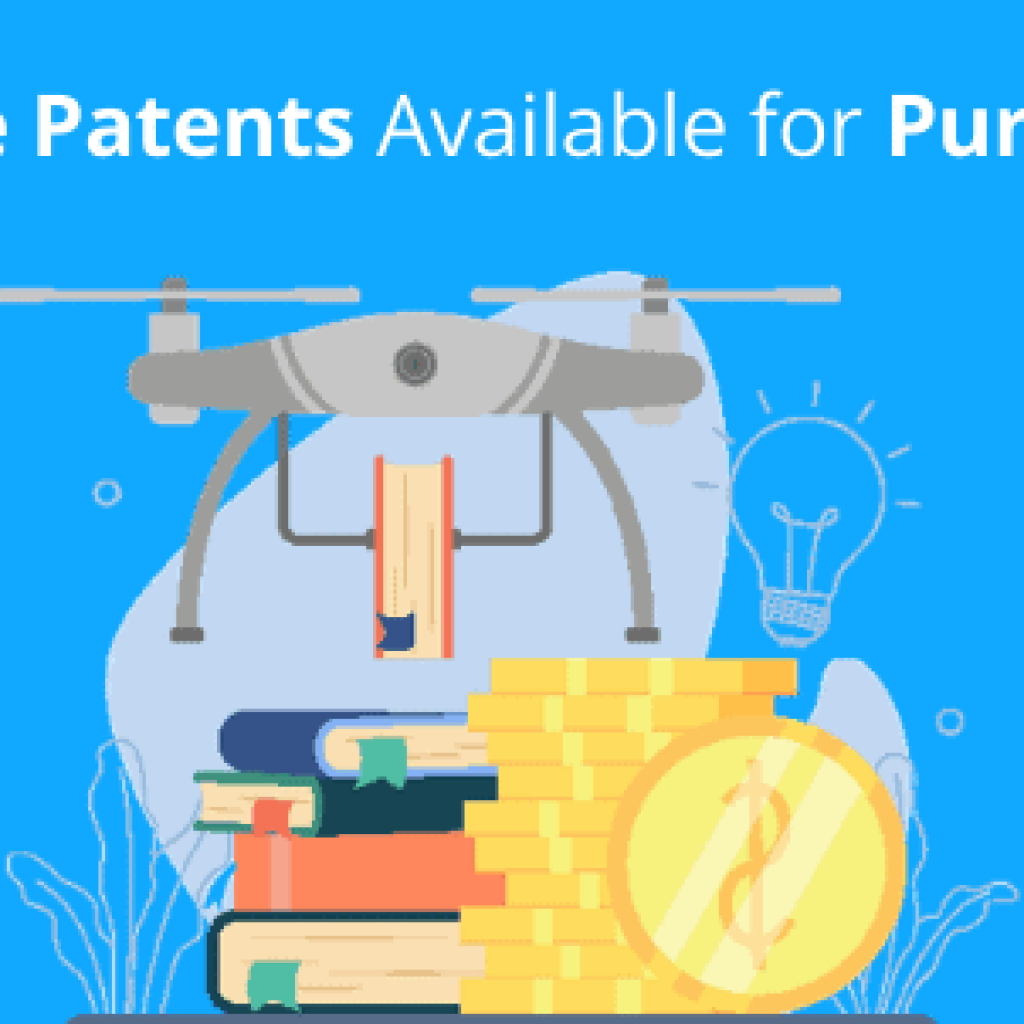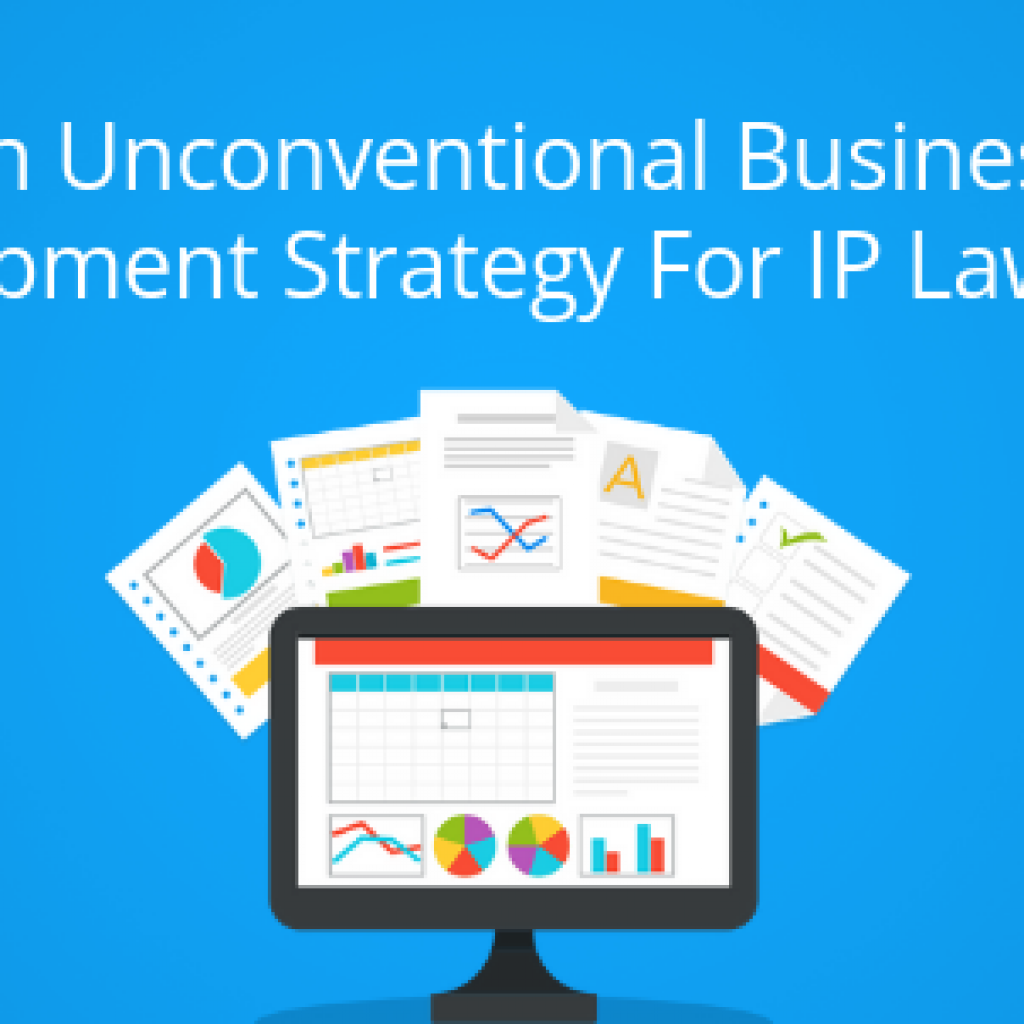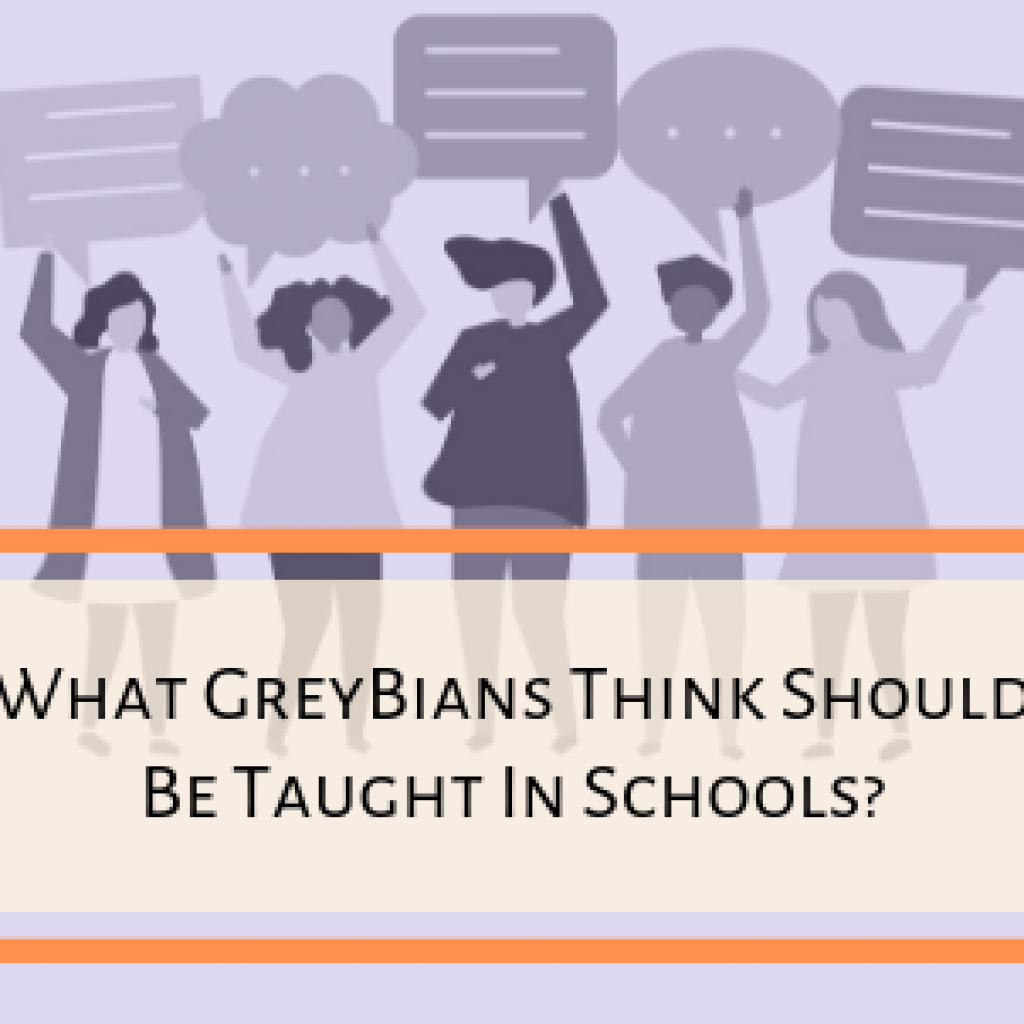At the end of the day, how well do we know our customers, is something that does matter. And, it feels awesome that yeah we do understand people we work for.
The last week of August turned out to be most enthralling among all the weeks during my tenure at the Solution Team of GreyB. Chakshu and Vikas were back in the office after their month long business trip in North America and Europe. Also, Parth and Amardeep from Sales team were there.
Our bay was occupied with people with different set of skills and hence creative conversations were bound to happen. In GreyB, it’s so easy to exchange ideas, share challenges and celebrate wins!
One evening, better to call it night as it was 10:30 pm already, Chakshu ordered more Pizzas than we could have eaten. But again team work makes the dream work and we did finish them all.
Meanwhile, Chakshu and Vikas were sharing a tale of their recent road trip from San Francisco to Washington DC and meeting many patent attorneys from different law firms, the conversation got even more interesting when we started discussing the topic ‘what patent attorneys want from a patent search?’.
 Pizzas, cold drink and interesting conversations, I know these were the best pizzas I’ll always remember. Hence as soon as we finished, I jotted down the things we discussed. Have a read:
Pizzas, cold drink and interesting conversations, I know these were the best pizzas I’ll always remember. Hence as soon as we finished, I jotted down the things we discussed. Have a read:
Me: What were the most common issues IP attorneys raised?
Chakshu – Most of the IP attorneys were optimistic about the adequacy of search firms but in their opinion search firms still have some distance to cover. Some pointers they shared with us were:
Researchers should know the extent of opinion they can provide on a prior art search. Attorneys are more interested to know on what merits researchers judge which results are useful to them. The threshold for measuring whether the prior art document is used might be different from what the attorney is using.
Vikas – I would like to add one more point to this,
Attorneys usually want a partner (for their IPR searches) not just a search vendor. They want a partner who can assist them with an entirety of IPR proceedings, that is whom they can trust with more searches, not just a single search.
They want someone who can stand right next to them in litigation and help them win the case rather than providing them just search results. So our philosophy very much aligns with what they do not tell us.
Me: Chakshu could you please explain “the extent of opinion researchers can provide on a prior art search”?
Chakshu: During our conversation with some attorneys we found that they were not happy with the way a lot of researchers present their search results. They were putting a stress on the fact that the researchers should know the extent of suggestions they could provide in a search.
They (researchers) usually highlight some lines in the references (while sending the search reports) which they think are the key features and should be focused upon. But, this may lead to a situation where attorneys may overlook other portions in the references which otherwise could be a real help and can give valuable input for the case. On the other side, sometimes, we were providing too many details just to make sure that we do not miss them and that was becoming overwhelming.
Therefore, I must say that every case is different and so is every attorney, hence I would recommend that as a partner we should start interacting with the attorneys more sooner and gain an understanding of their interests/expectations and deliver the results accordingly.
What type of search results attorneys usually expect from the patent search firms? And, why were they interested in knowing the logics behind shortlisting the results?
Vikas: Patent search firms when assigned a prior-art search, the results they provide mostly include patent results. Only a very few non-patent results are provided which they consider most relevant.
As I said earlier, the threshold for measuring whether a prior art document is used might be different from what the attorney is using. For example, during our meeting, we found that the bar for considering non-patent literature (NPL) references is much lower as compared to the patent results. Our thought process has always been to provide bang-on result and that is good but it is important to share how the technology was evolved by sharing the non-patents that may not include everything. We currently do it in selective projects and we should start doing it more and more.
Although there were some patent litigators who needed only the most relevant non-patent results, most of them had a continued sigh that search firms do not provide them all the non-patent results!
Relevant Read: How We Found Solid Prior Art In Obscure Archives Of FCC Database?
To make an impact, they require NPL results like researcher name, system prior art (products like devices, apps, soft wares etc.) or product prototype etc. But, this is something that we all know what we don’t know is what extreme importance they place on NPL results?
Following are a couple of situations for this:
When patent results and even the most relevant NPL results are not enough to hold the case
Litigators understand that more often than not, an NPL results may not be a 102 (the invention was known or used by others in this country, or patented or described in a printed publication in this or a foreign country, before the invention thereof by the applicant for a patent.) type of prior art. However, they still would want to know even less relevant NPL results.
The reason being, during trials, they might contact the authors of the NPL references as expert witnesses and model their questions in such a manner that the features not disclosed in the NPL documents are verbally disclosed by the witnesses.
And, this could provide them an edge during the litigation. Besides, patent documents may not be psychologically very convincing for the jury, system prior art, on the other hand, shows that the inventions were reduced to practice or somebody if not using was at least thinking about using it.
In case when estoppel is associated with IPRs
In certain cases, when a client decided to go for an IPR before trial, patent documents may become void due to the estoppel associated with IPRs. And, if search firm will provide only a few references (which according to them are most relevant), defendants will not have fall-back NPL references and the patent search may not be of much use to them.
Even if we find an NPL to be talking about the concept vaguely (not having exact features), we should report them. As a next step, we can simply give them a list of references, and a one liner describing our logic behind reporting them. Again there are no rules, every attorney has his own way of handling the case based on his situation.
Again there are no rules, every attorney has his own way of handling the case based on his situation, that’s why making sure that we are acting as a partner in every case is very important.
Chakshu: So basically litigator’s use flair and showmanship in the court proceedings to make their case sound. Providing multiple patent and non-patent literature references (even those which are not that relevant) would help them in building a background to their story on the existing prior art as why the technology mentioned in the patent was anticipated earlier.
Relevant Read: How We Are Using Concepts Of 3G And GSM To Invalidate A Lot Of 4G LTE Patents?
When they say we are looking for partners, not just the search vendors, do they mean that they can’t trust search results by these search vendors?
Vikas: Mostly search firms out there consider their job done once they provide top relevant results. However, what we found is that most IPR attorneys are looking for people who can partner up with them, helping them throughout the IPR process not just by finding good results but anticipatory art, supporting documents, leads on experts etc.
Like I said, they are looking for someone who can assist them with the entirety of IPR proceedings, not just a single search. They may need this assistance at any time during the litigation and they usually favor firms which continuously form and exchange ideas on attacking the validity of the patent.
They are not interested in a copy paste job of reporting the relevant text (although that is helpful). Rather, logics behind shortlisting references are much more useful to them (the observations section).
That is they want researchers to highlight their reasons behind choosing the most relevant references in spite of shortlisting them. They want search firms to communicate everything to them rather than providing them just the most relevant results. They want someone who can partner with them and sail them through the case out to the final win.
** ** **
Hope you also enjoyed the excerpt of the conversation I brought here for you. I would be more than happy if you chime in the comment box below and have your say.
Authored By: Gaurav Sharma, Associate, IP Solutions
What’s Next: Here is a list of 7 Post-Alice Patent Cases That Survived 101 Rejections – Clearing Some Cloud Of Doubts On Software Patent Eligibility

